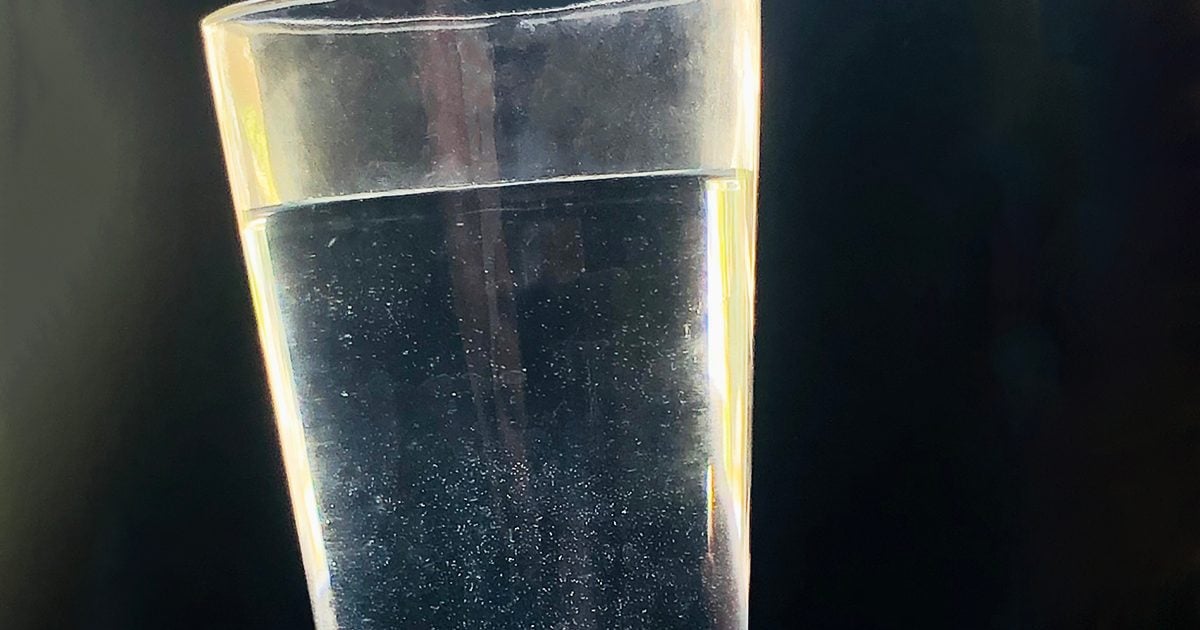
Consider this scenario: you go to the sink to pour yourself a glass of water and discover something strange—white flakes. White flakes in water are not something you see every day, so you decide to pour them out and refill the glass to notice them again. If you’ve come across this post, it’s probable that you’ve had a similar experience and are curious about how it happened and what you can do about it.
Discover why white flakes are in your water and receive advice from an expert plumber on how to remove them.
Why Are There White Flakes In My Water?

This is the million-dollar question, and we have answers.“Visible white flakes only form when certain conditions come into play such as heating the water, which solidifies the minerals, or sudden changes in pressure that dislodge buildup from pipes or fixtures,” says Danny Pen, licensed plumber and creator of New Era Plumbing & HVAC.
“In many cases, old pipes or limescale deposits in water heaters are the real culprits behind those flakes showing up in your water.”
Similarly, if you are encountering floating white particles, the water heater is most likely the root of the problem. A water heater has a plastic dip tube, and when the tube ages, it might disintegrate, releasing white particles into the hot water.
Are the White Flakes In My Water Safe to Drink?

According to Pen, white flakes from a faucet are usually mineral deposits such as calcium, which are normally innocuous.
On the other hand, kettle flakes are solidified limescale and extremely harmful since they can break into sharp, brittle bits that can scratch or slash the neck and esophagus.
How To Get Rid Of White Flakes In My Faucet Water
Now that you understand the reason for white flakes in water, here’s how to get rid of them. For starters, Pen suggests installing a whole-house water softener to help eliminate white particles from tap water.
If you just want to improve the water you consume, Pen recommends installing an under-sink water filter that reduces calcium and magnesium while also filtering out chlorine, sediment, and other contaminants such as lead or iron.















